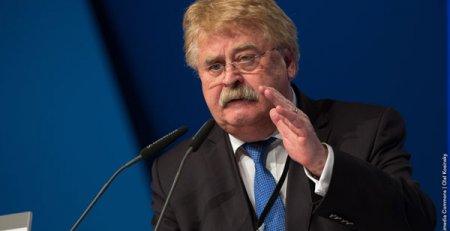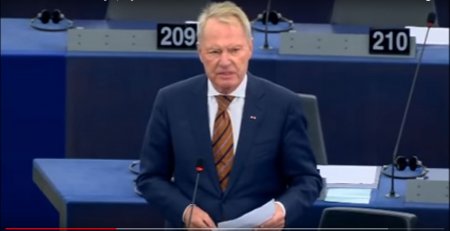The problem with the term “European Values”
Back at a human rights forum in December of 2017, the Chinese Foreign Minister Wang Yi announced Beijing’s belief that: “Countries can find their own models of human rights protection in light of their national conditions and people’s needs. The key factor contributing to China’s remarkable achievements in its human rights endeavors is its firm commitment to a human rights development path with Chinese characteristics.”
Iran’s Foreign Minister, Qassemi, also pointed out back in 2016 that: “Undoubtedly, any move to impose the specific values of a country or region on other societies with different cultures and traditions amounts to an attempt to return to old and threadbare paradigms in international relations. We consider as invalid and worthless any such claims which are based on deception and improper suppositions.”
Following the logic that each country and culture has its own values and that they should develop human rights according to their national situation, the implementation of a “one-size-fits-all approach” on the EU’s part seems absurd. In multiple articles in the Treaty of Lisbon, the EU has taken up the responsibility of upholding and promoting its values. This would come in direct opposition with the idea of having a human rights approach with a country’s own characteristics. In the attempt of promoting “European values”, the EU displays imperialistic behavior, further pushing away the countries it wishes to influence.
The challenge the EU faces with other countries is how to improve human rights by applying values that are fundamentally considered as European. It comes as no surprise as to why the EU is running into problems trying to promote the universality of human rights, since it’s based off of “European values”, and not “international values.” The association between “European values” and European culture is too strong, and countries outside of the EU reject to conform in part due to not wanting to lose their sense of identity. Therefore, the EU has to take a step back from the term “European values”, and set it apart from human rights in order to promote human rights in primarily authoritarian regimes. In addition, the press spokesman of Hungarian Prime Minister Orbán made the point “European culture is based on Christianity.” Why would a predominantly non-Christian country such as China or Iran want to adhere to these values?
Countries outside the EU wanting to use their own approach is understandable when contrasting the actions of certain EU countries such as Hungary and Poland. The ongoing refugee crisis has led to doubt on solidarity within the EU. European countries such as Hungary and Czech Republic have forcefully denied the entry of refugees into their country, going against “European values.” How can the EU promote a message to other countries while it cannot uphold its own ideologies within its borders? The credibility the EU has on its stance on human rights has been questioned. This can be used in favor of non-EU countries through the use of propaganda, stating that the EU is in state of decay.
The EU is a very important normative power, and the European Parliament is one of the most active parliaments on human rights. Nonetheless, the term “European values” is counterproductive and does more harm than good. Therefore, it should be kept in mind while treating international affairs such as human rights, not to employ the term “European values.”
https://thediplomat.com/2017/12/china-promotes-human-rights-with-chinese-characteristics/
http://en.mfa.ir/index.aspx?fkeyid=&siteid=3&pageid=2025&newsview=462320













Schreibe einen Kommentar